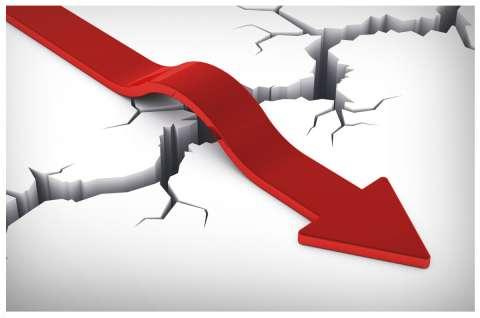What Is Credit Insurance
Trade credit insurance sits behind the scene, always protecting your open account shipments. In the event of default, the credit insurer becomes your active partner, paying you. Simple as that.
Sales on open account terms comprise the vast majority of B2B payments for products and services throughout the US. For most businesses, the decision to sell on open account is one they must confront at some point in their lifecycle. Most do it because their customers expect it.
Both slow and prompt payers are common, and both types are often your best clients. The risk of nonpayment, however, accompanies every shipment and corresponding invoice.
Credit insurance provides protection against losses triggered by the nonpayment of invoices on open-account terms. Rarely do customers call ahead and tell you that they are having severe cashflow issues, and would like some relief. More commonly, good relationships slip into silence when financial stress arises.
How your company handles these events is extremely important, and there is no best practice. Customers asking for assistance during tight cashflow cycles may earn your leniency. That stated, enabling slow-paying clients could make things worse. This is especially true for clients that are selective with their vendors when deciding who gets paid promptly.
With or without credit insurance, non-payment from a key account requires certainty of decision and longitudinal thinking. A protracted period of deteriorating payment may warrant a payment plan extended by the vendor. When bankruptcy strikes, the rules are dictated by others.
Credit insurance simplifies. Without credit insurance, you must decide how to respond to non-payment, including letting clients pay late, rescheduling due dates, even unsecured creditor meetings. With accounts receivable insurance, you get paid, and these time-consuming activities become the problem of the insurance provider, not yours.


